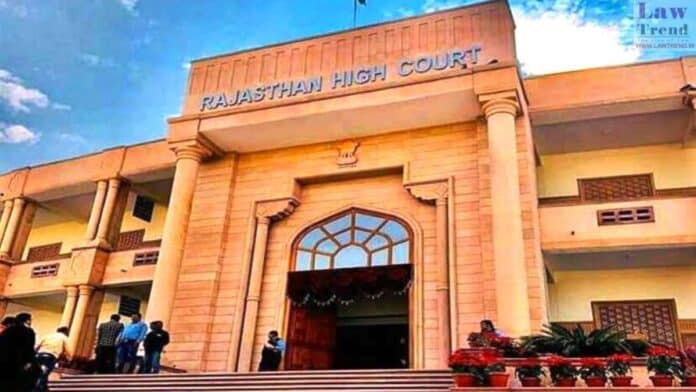The Rajasthan High Court has upheld the acquittal of two accused in a dowry death case, stating that the second dying declaration of the deceased was not sufficiently reliable to overturn the initial judgment. The court emphasized that discrepancies in the evidence and a significant delay in the second dying declaration raised reasonable doubt about
To Read More Please Subscribe to VIP Membership for Unlimited Access to All the Articles, Download Available Copies of Judgments/Order, Acess to Central/State Bare Acts, Advertisement Free Content, Access to More than 4000 Legal Drafts( Readymade Editable Formats of Suits, Petitions, Writs, Legal Notices, Divorce Petitions, 138 Notices, Bail Applications etc.) in Hindi and English.




